
Hello,
In February, the death by suicide of Darshan Solanki, a Dalit student of IIT Bombay, reignited a debate about the treatment of students from marginalised communities in India’s educational institutions.
In Solanki’s case, details are continuing to emerge about what led to his death. But the problem is a larger one – in December 2021, the education minister stated in parliament that 122 students of Central government higher educational institutions had died by suicide between 2014 and 2021, and that 68 of these students were from Scheduled Caste, Scheduled Tribe and Other Backward Class communities.
In a two-part series, Scroll revisited two such cases from the past, to examine how institutions responded to the suicides and whether the campuses changed as a result.
In the first part, Nolina Minj reported on the death in 1992 of an Adivasi woman scholar named Chuni Kotal, who was a master’s student at Vidyasagar University in West Bengal. “Thirty years ago Kotal was a trailblazer and is still one today,” Minj said. “The Lodhas still face several socio-economic barriers and not many from her community have been able to access higher education.”
Minj rued the fact that Kotal’s life and achievements were not sufficiently memorialised today. “I was hard-pressed to find a Lodha student to speak to at Vidyasagar University,” she said. “It made me sad to learn that she is not remembered beyond certain Adivasi and anti-caste circles in Midnapore and West Bengal.”
You can read the story here. And you can support more such in-depth and investigative reporting by becoming a Scroll Member.
Ajay Krishnan
Senior Editor

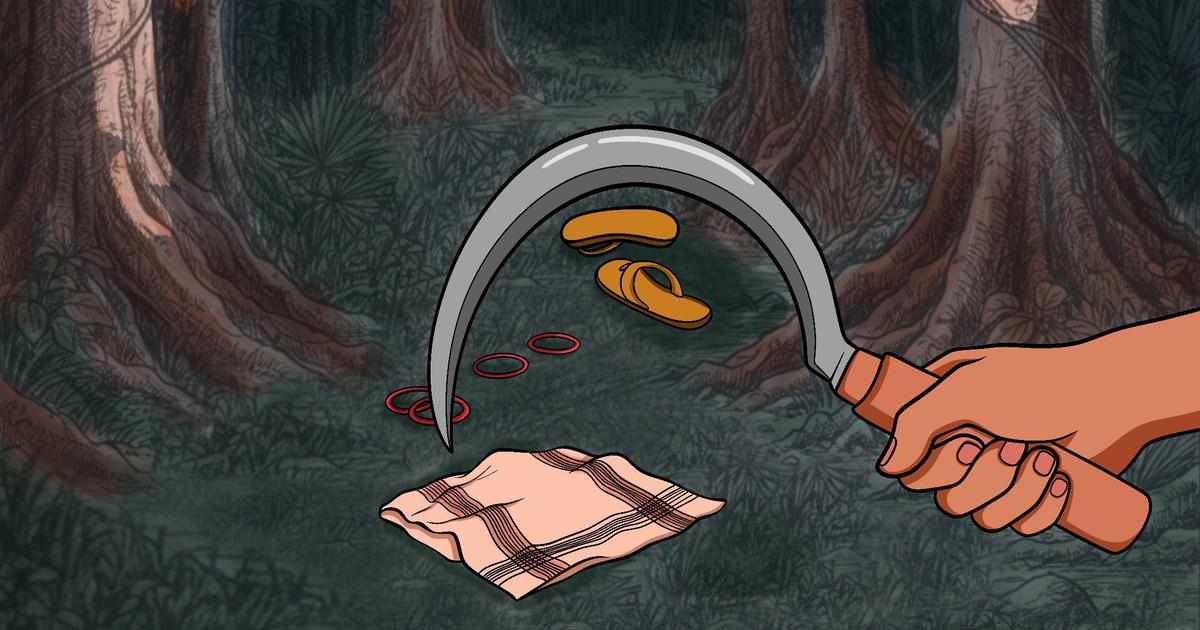
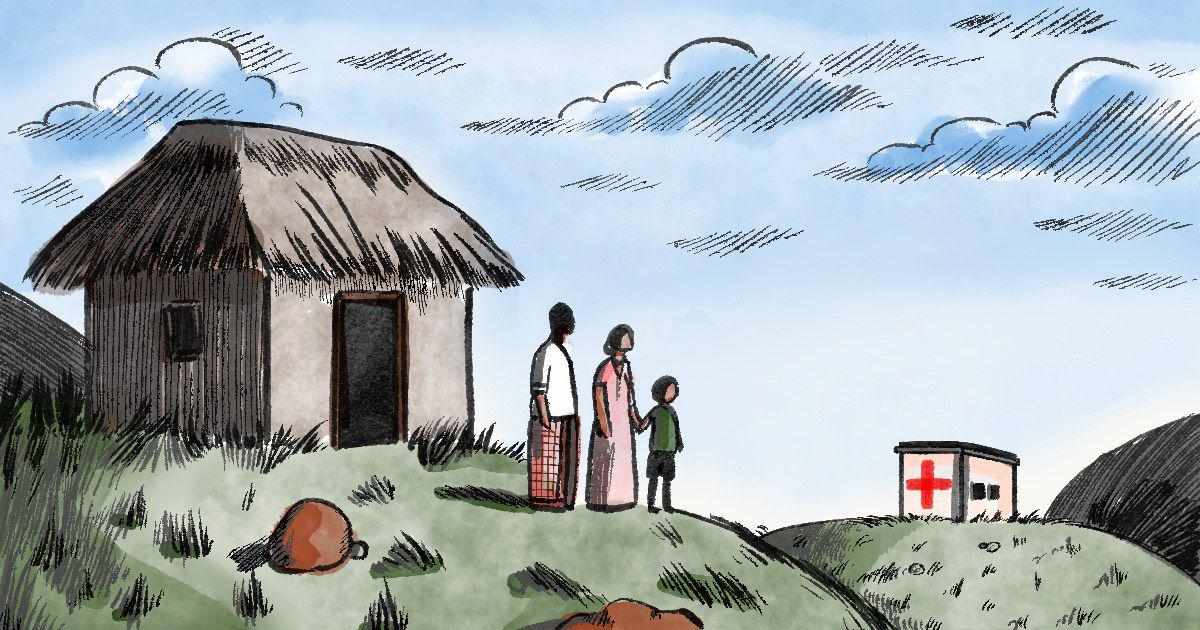
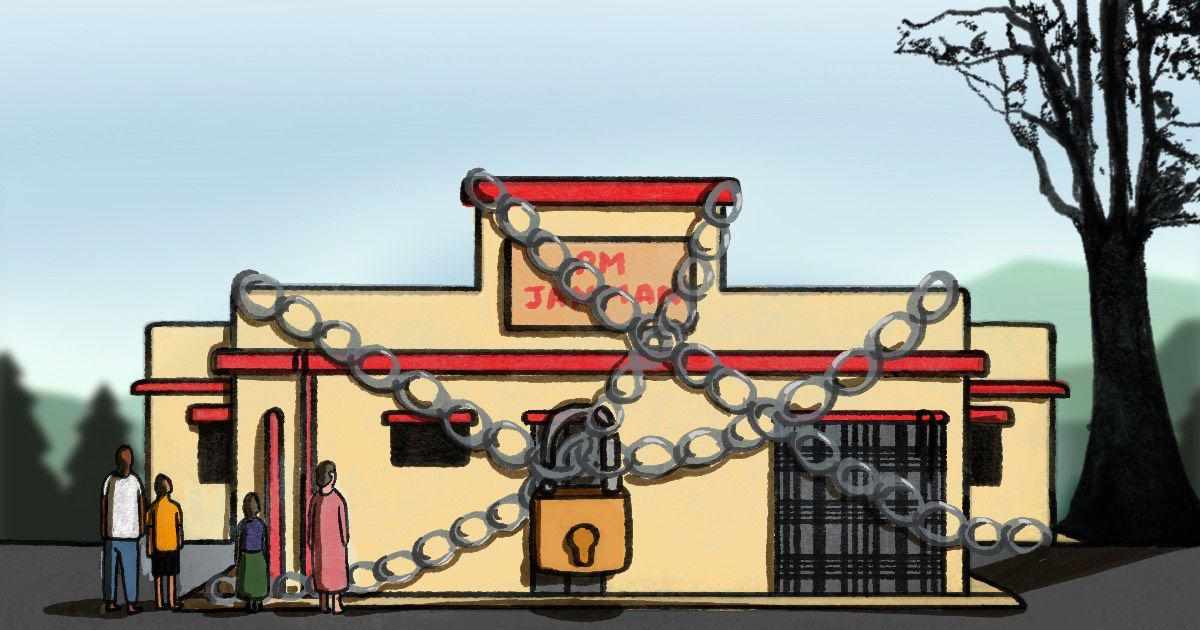
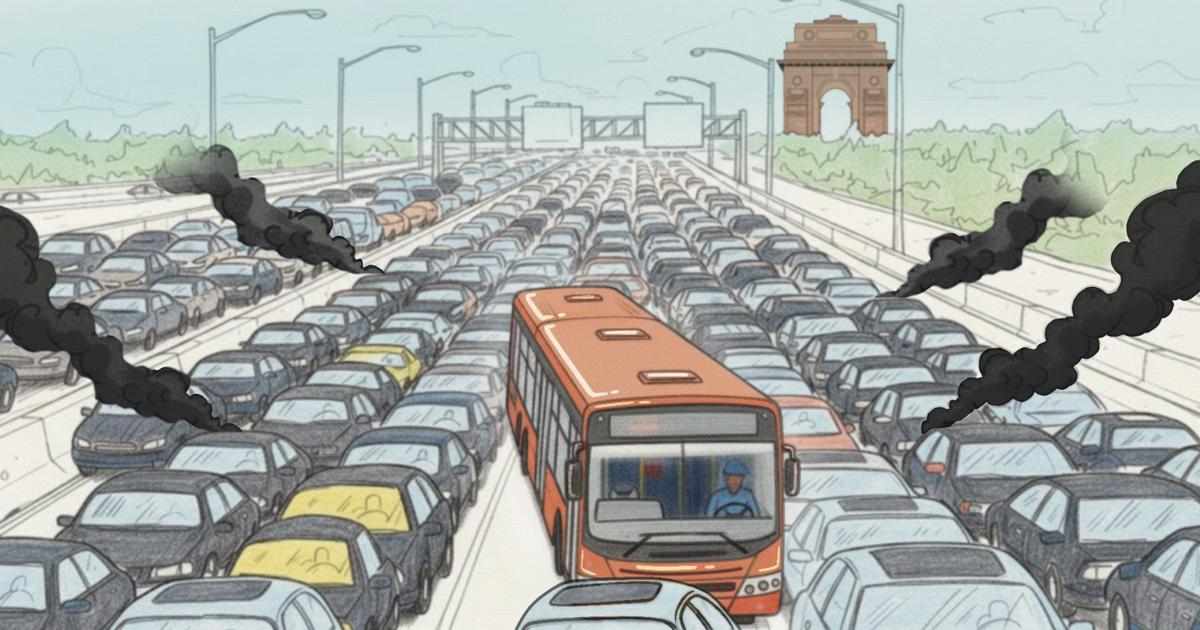
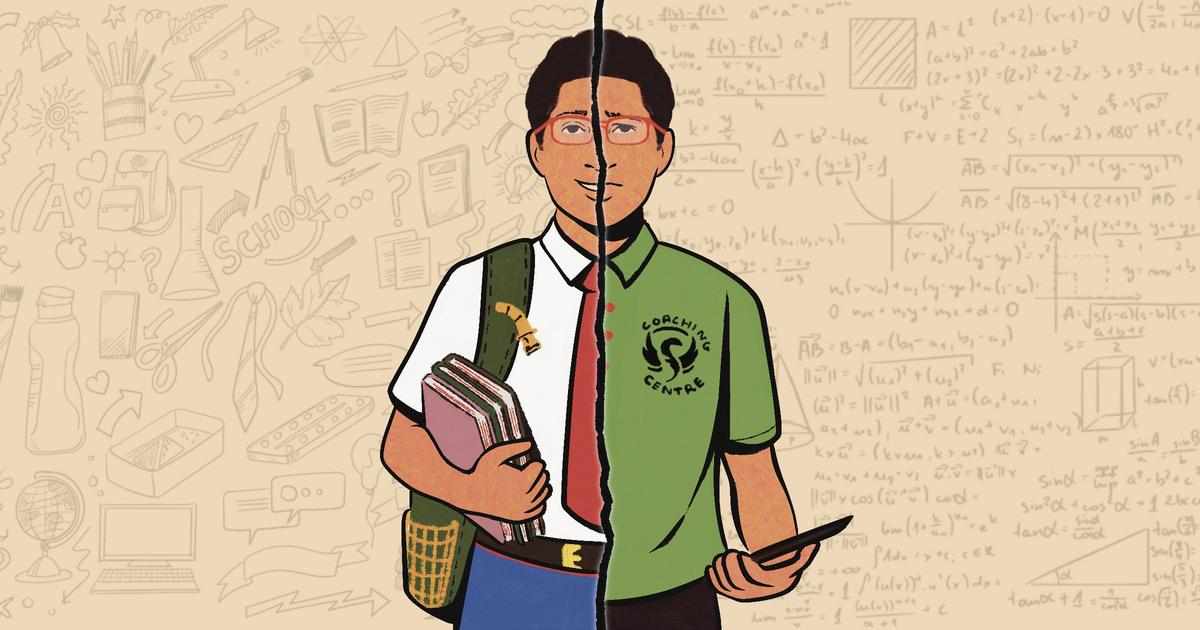
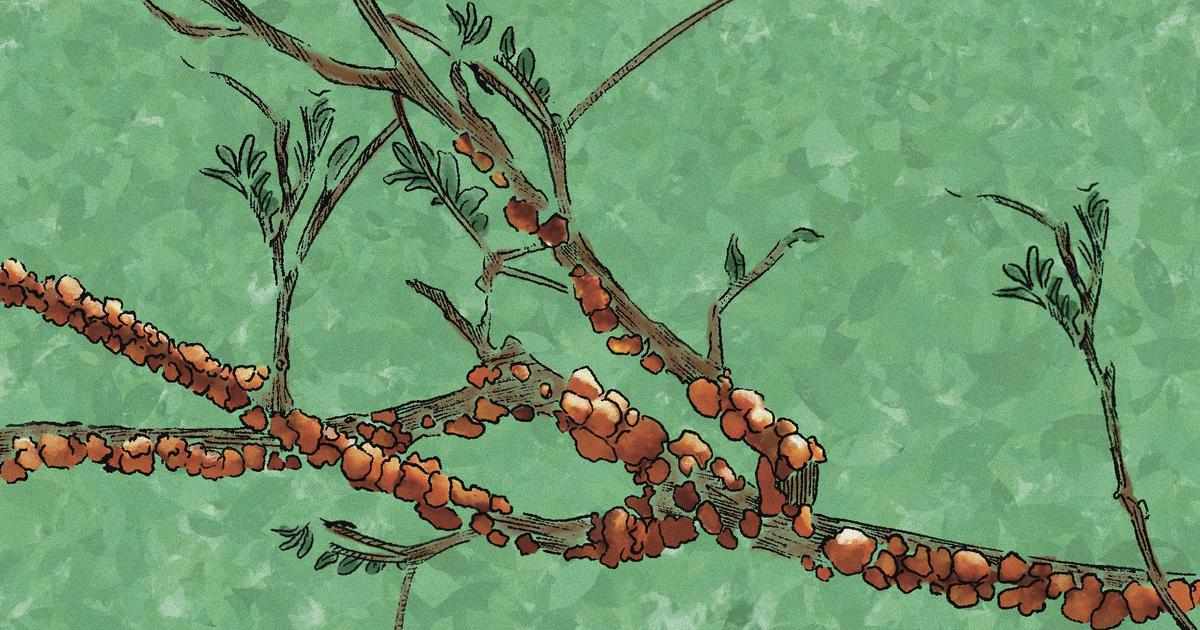
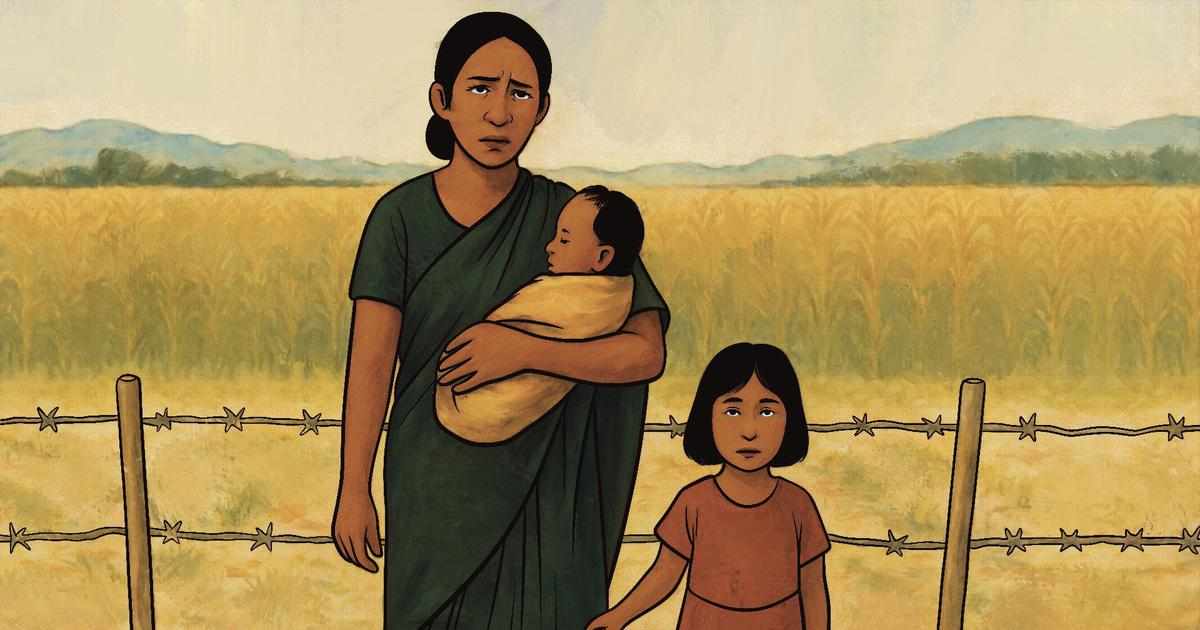
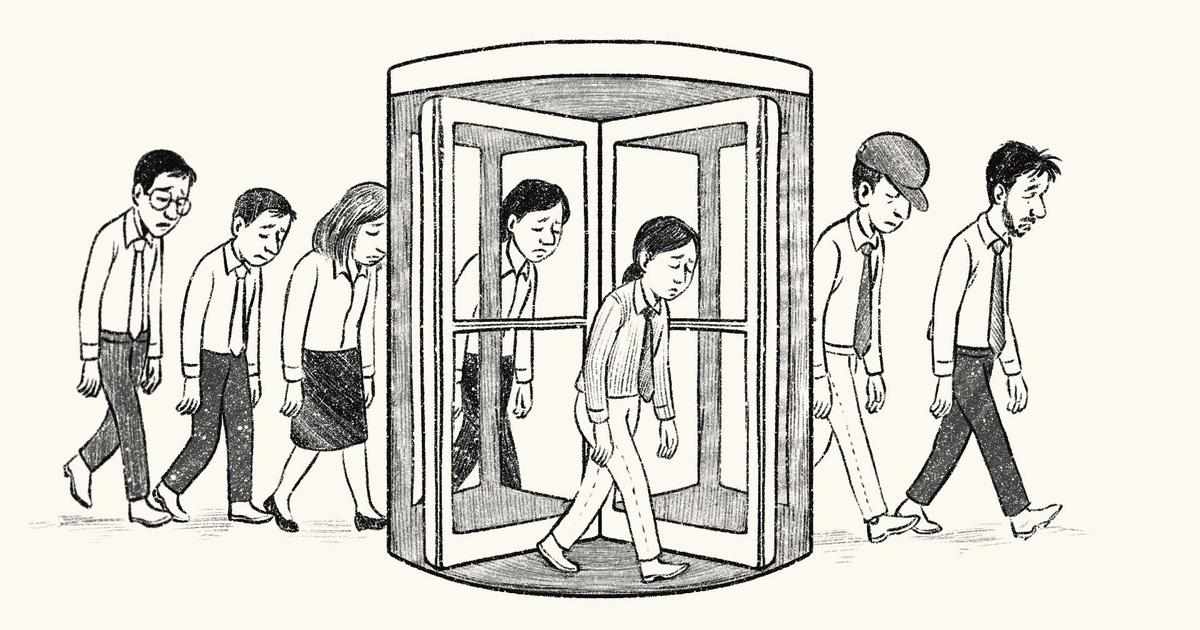
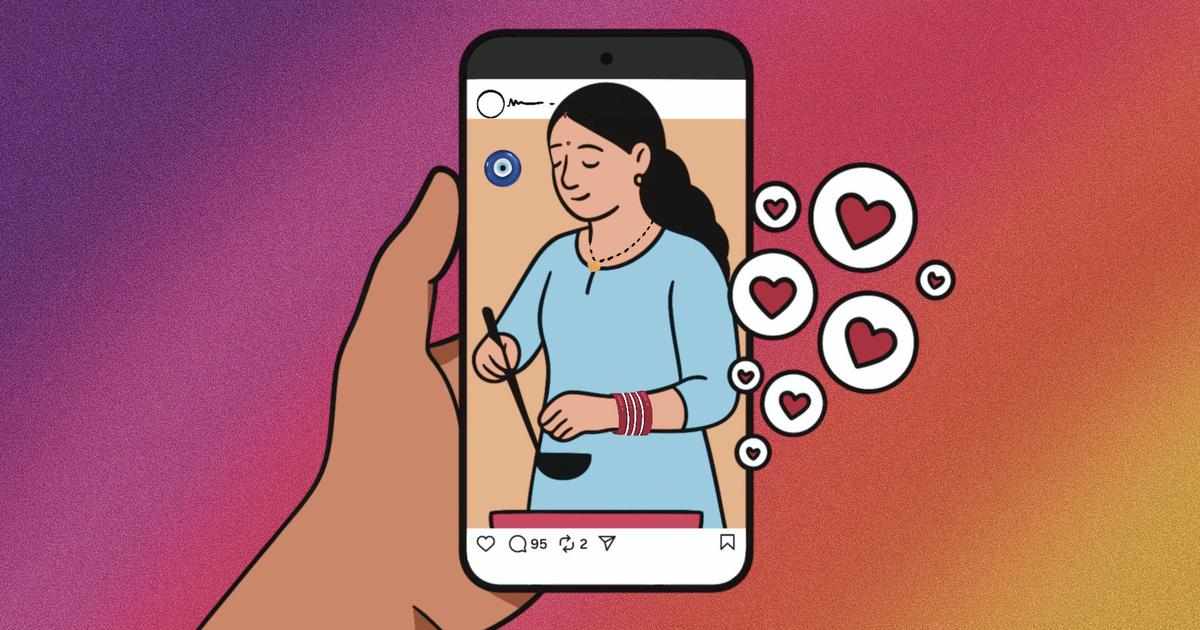
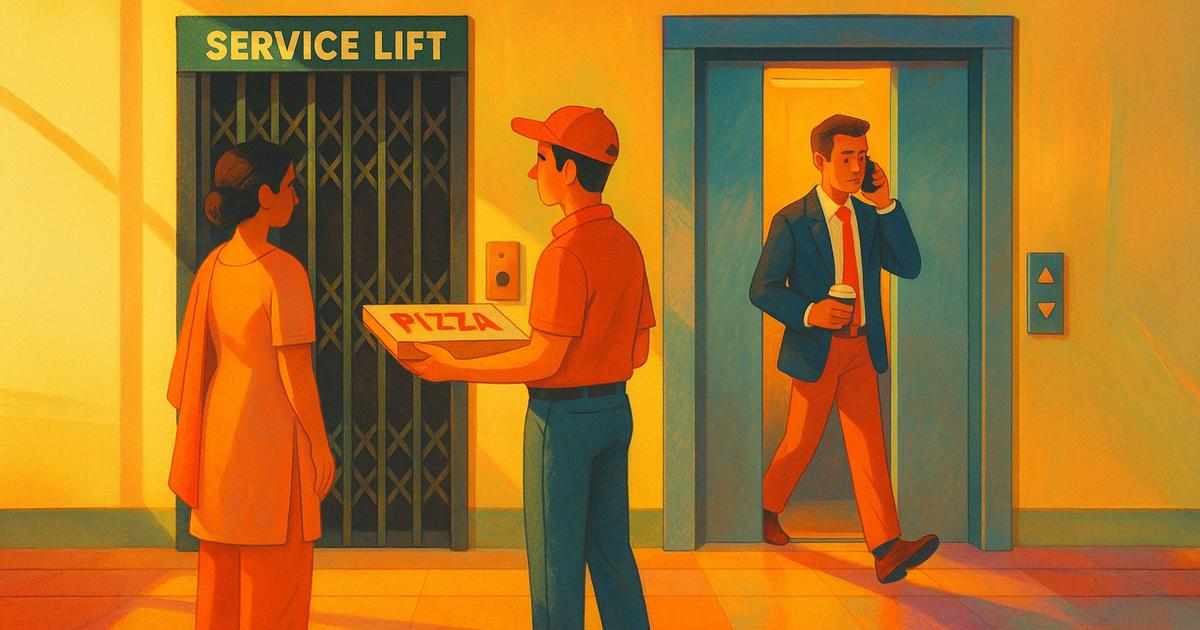
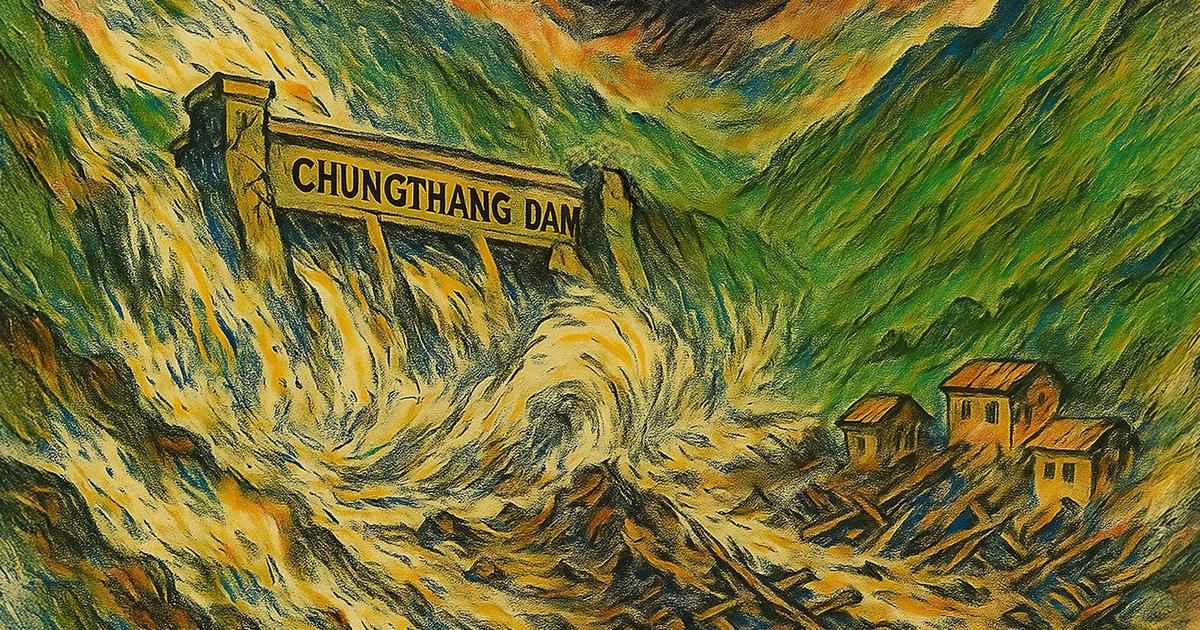
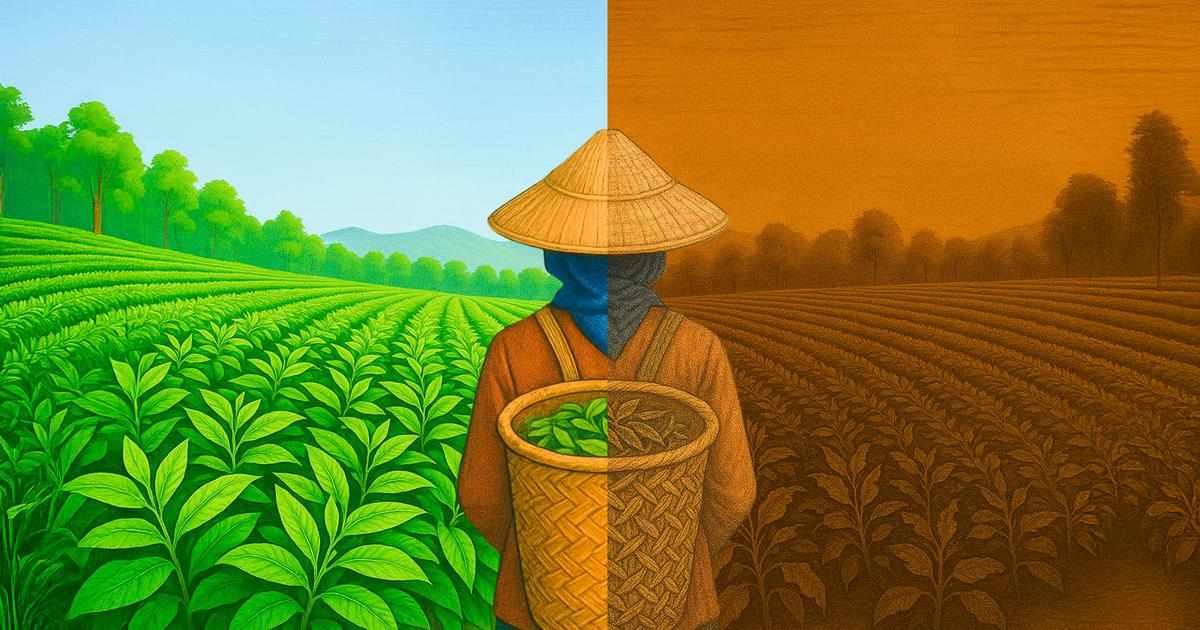








Write a comment ...